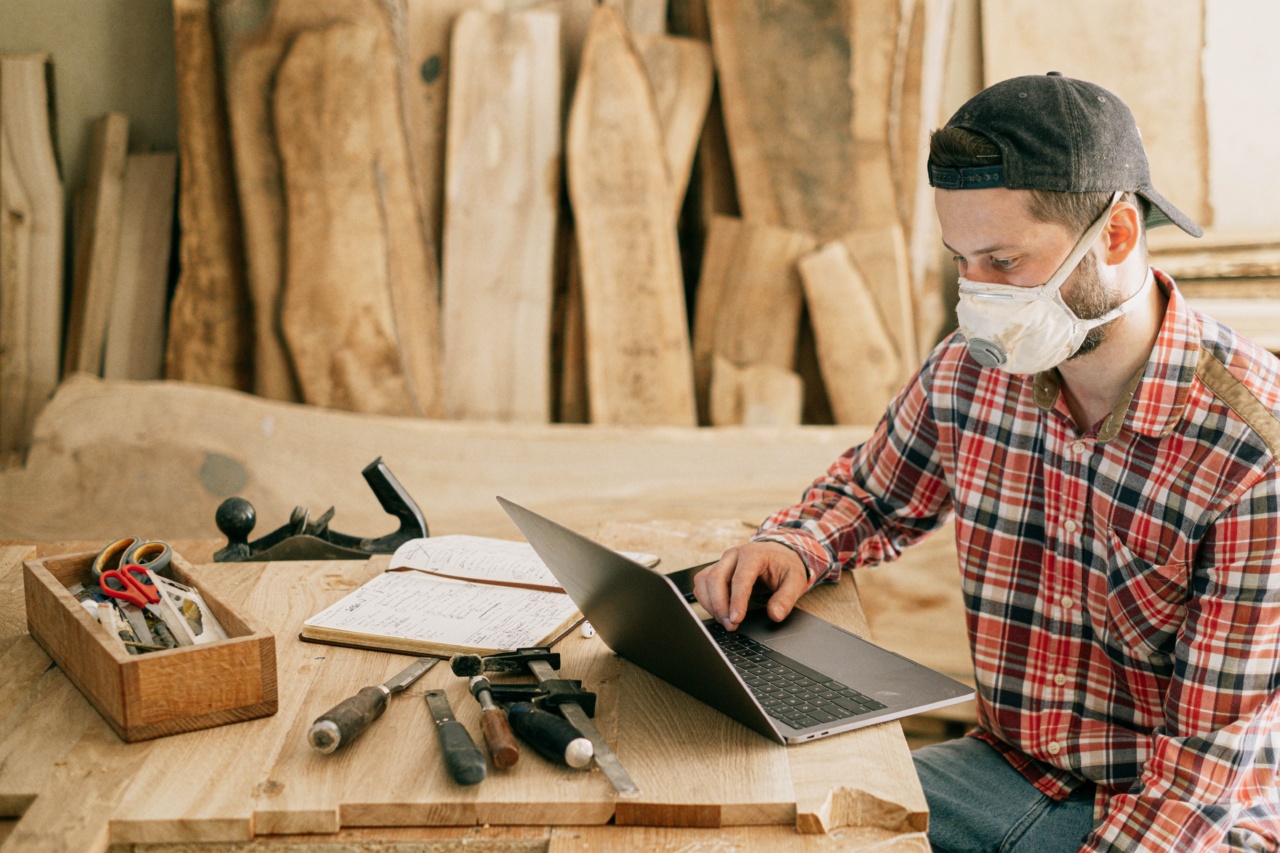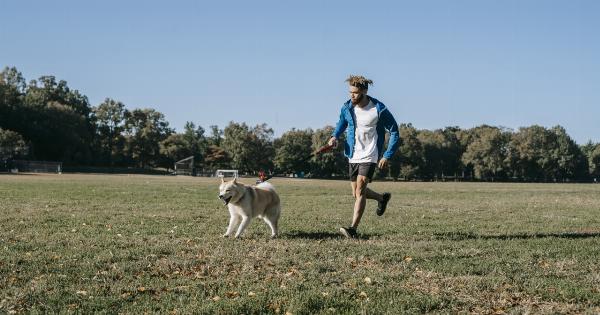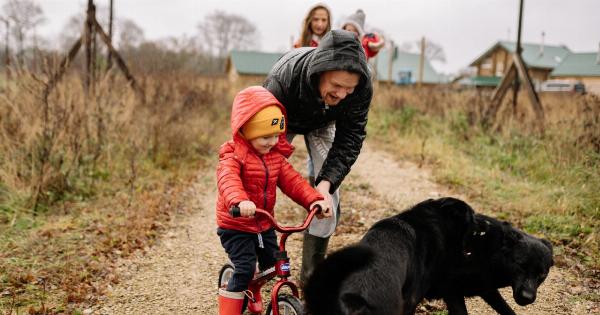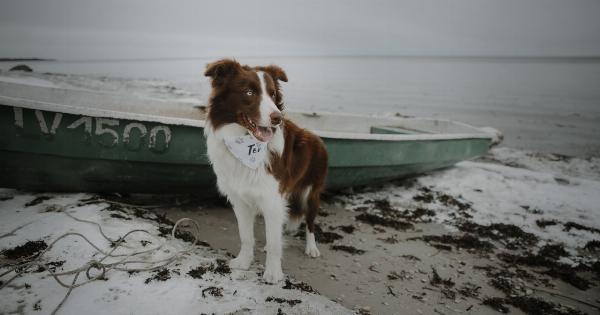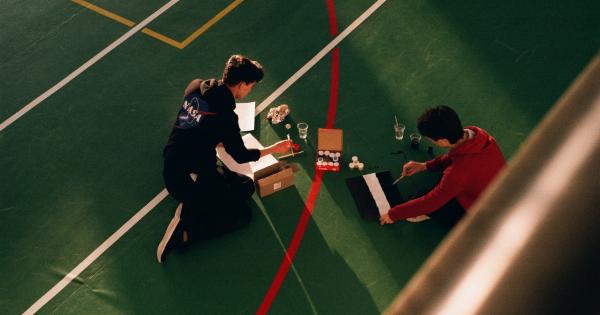Socializing adult dogs is a crucial aspect of their overall well-being and behavior. Just like humans, dogs need to interact and socialize with others in order to lead happy and fulfilling lives.
However, some adult dogs may have missed out on proper socialization when they were puppies, leading to issues such as fearfulness, aggression, or anxiety when faced with unfamiliar situations or other dogs.
The Importance of Socializing Adult Dogs
Socializing adult dogs may require a bit more effort and patience compared to socializing puppies, but the benefits are just as significant. Here are a few reasons why socialization is crucial for adult dogs:.
1. Better Behavior
Socialization helps adult dogs develop better behavior and manners around people and other animals. It teaches them how to appropriately interact and communicate, reducing the chances of fear-based aggression or unruly behavior.
2. Reduced Anxiety
Proper socialization helps dogs feel more comfortable in various environments and around different individuals. This can significantly reduce anxiety and prevent the development of behavioral issues related to fear or stress.
3. Improved Confidence
Socializing adult dogs can enhance their confidence and self-esteem. By exposing them to new experiences, people, and animals, they learn to navigate and adapt to different situations, ultimately boosting their overall confidence.
4. Strengthened Bonds
Sharing positive experiences with your adult dog through socialization can strengthen your bond. It creates trust and reinforces the idea that they can rely on you for guidance and support in unfamiliar situations.
Tools and Strategies for Socializing Adult Dogs
1. Gradual Exposure
When socializing adult dogs, it’s essential to start with gradual exposure to new environments, people, and animals. Begin with low-stress situations and gradually increase the level of difficulty as your dog becomes more comfortable.
2. Positive Reinforcement
Using positive reinforcement techniques, such as treats or praise, can help associate socialization experiences with positive outcomes. Reward your dog for calm and relaxed behavior during socialization outings.
3. Controlled Introductions
When introducing your adult dog to other dogs, it’s crucial to do so in a controlled and safe environment. Start with neutral territory and use proper leash and collar techniques to ensure everyone’s safety.
4. Doggy Daycare or Playgroups
Enrolling your adult dog in a reputable doggy daycare or joining supervised playgroups can provide them with regular socialization opportunities. This allows them to interact with other dogs under the guidance of experienced professionals.
5. Obedience Training Classes
Obedience training classes not only provide valuable training but also offer opportunities for adult dogs to socialize with other dogs and people. Look for classes that emphasize positive reinforcement and proper socialization techniques.
6. Desensitization Techniques
If your adult dog exhibits fear or anxiety towards specific triggers, such as loud noises or unknown objects, desensitization techniques can help them overcome these fears.
Start by gradually exposing them to the triggers in a controlled and positive manner.
7. Engaging in Different Environments
Take your adult dog to various environments such as parks, cafes, or pet-friendly stores. Exposing them to different sights, sounds, and smells can help them feel more comfortable and adaptable in unfamiliar surroundings.
8. Professional Help
If your adult dog’s socialization challenges are severe or causing significant distress, seeking the help of a professional dog trainer or behaviorist is highly recommended.
They can provide tailored strategies and guidance to address your dog’s specific needs.
9. Patience and Consistency
Socializing adult dogs can be a gradual process that requires patience and consistency. Every dog is unique, and the timeline for progress may vary. Stay committed to the process and celebrate small victories along the way.
10. Regular Socialization Routine
Establishing a regular socialization routine for your adult dog is essential. Aim for consistent socialization opportunities throughout their life to maintain the skills and confidence they develop.
Conclusion
Proper socialization is vital for adult dogs to lead happy and harmonious lives.
By using tools and strategies like gradual exposure, positive reinforcement, controlled introductions, and seeking professional help when needed, you can effectively socialize your adult dog. Remember to be patient, celebrate progress, and make socialization a regular part of your dog’s routine.
